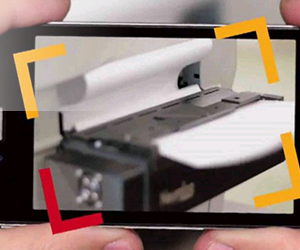Houwzer’s Next Move
As a first grader in Cape May Courthouse, New Jersey, Mike Maher launched his earliest small business: selling Blow Pops and construction paper.
“Back in the day, colored paper was in high demand and kids always like candy, so I thought it was a great way to subsidize my own love of art and candy,” Maher says, laughing at the memory.
Now, as the CEO of Philly-based Houwzer—the five-year-old real estate brokerage firm that’s disrupted the industry both by employing salaried (versus commissioned) brokers, and committing so deeply to doing good that they’re a certified B Corp—Maher is continuing to recognize needs where others miss them, with a deep sense of empathy, hard work and service.
A sound direction
Long moved by Toms Shoes and Warby Parker, Maher knew there was no practical way to introduce a one-for-one model for homes. But reading Richard Rothstein’s The Color of Law and learning more about the demographic that the United Way and others have dubbed ALICE—asset limited, income constrained employed—prompted his latest venture.
Just this month, Houwzer announced a new, nonprofit RiseUp Fund: Starting in 2021, for every home sold, Houwzer will commit $100 to help provide down payment and closing cost assistance to the underserved.
“The mission will be to accelerate the generational, upward mobility of the underserved through homeownership,” Maher says. “We looked at the resources we had: agents in the field who can probably find off-market deals to acquire property; mortgage advisors who can help clients get their credit in good standing; and so on” and figured out how to maximize both for the greater good.
Over the next 12 months, Houwzer expects to do close to 1,500 transactions in the markets it serves—meaning the fund will have, at a minimum, $150,000. But they’ll also invite sellers, who on average save $15,000 by working with Houwzer, to match that $100; that could bring the projected pot to $300,000. They’ll invite employees to donate around the holidays, potentially raising that pot higher still. And while $300,000 can only go so far, imagine what they can do as the company continues to grow.
Read the full article here.




